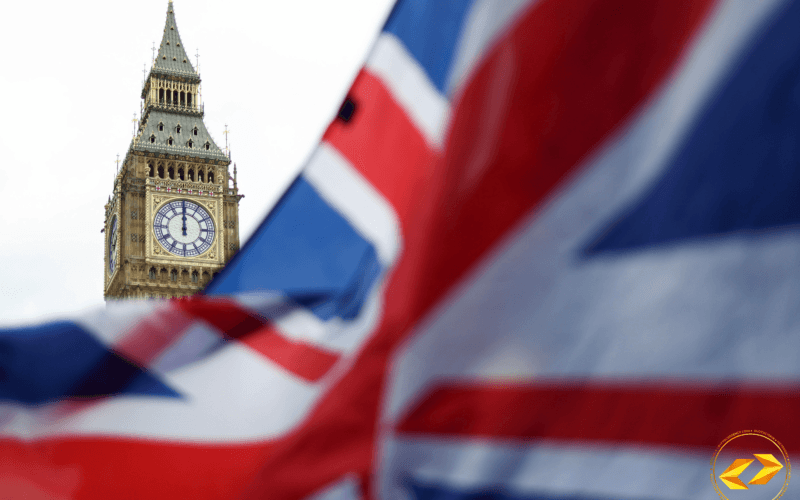Table of Contents Show
Ethereum co-founder Vitalik Buterin has criticized the UK government’s latest demands to force Apple to turn off its Advanced Data Protection feature for local users. This step, Buterin says, is a serious threat to digital privacy and personal freedoms.
Apple’s Advanced Data Protection: A Roadblock to Government Access?
Apple’s Advanced Data Protection (ADP) provides end-to-end encryption for iCloud data, so that even Apple cannot access users’ information. This feature greatly improves data security, safeguarding users against cyberattacks and unauthorized surveillance.
But the UK government contends that such encryption practices would impede law enforcement. According to the Investigatory Powers Act (IPA) 2016, UK authorities want more access to encrypted information, citing it as necessary for national security and preventing crime. The government is pushing Apple to compromise its encryption levels for UK users, which has drawn criticism from privacy groups.
Vitalik Buterin’s Stand on Privacy
Buterin has been a long-time believer in decentralization and user autonomy. He maintains that the UK’s request tramples on essential privacy rights and creates a very bad precedent. In a recent interview, he stressed that making tech companies include vulnerabilities in their security infrastructure is compromising everyone’s safety, including criminals.
“Governments having backdoors into encrypted systems is a fundamentally flawed idea,” Buterin said. “Once there’s a backdoor, it won’t be long before they’re exploited by the bad guys.”
Greater Consequences for Digital Privacy
The controversy surrounding Apple’s encryption policies in the UK is not an isolated case. Governments worldwide are grappling with the balance between security and privacy. While law enforcement agencies advocate for more access to encrypted data, cybersecurity experts warn that weakening encryption threatens the safety of all users.
Buterin’s position falls in line with an emerging trend that is against government intrusion into online security. Most privacy experts believe that unbreakable encryption must be preserved to shield consumers from cyberattacks, corporate spying, and dictatorial governments.
What’s Next for Apple and UK Users?
Apple has not yet publicly stated whether it will acquiesce to the UK’s demands. The move could have profound consequences, possibly establishing a precedent for other governments to follow suit. If Apple gives in, UK users could see their data privacy safeguards severely diminished.
Meanwhile, Buterin’s dissent contributes to the continuing discussion on digital privacy, encryption, and government monitoring. The more voices enter the fray, the more the struggle between state control and privacy defines the future of digital rights.
Stay Updated With the Latest Crypto News
For the latest updates, stay connected with us!
👉 Connect with us on LinkedIn: Latest Crypto Update
👉 Follow us on Instagram: Latest Crypto Update
👉 Follow us on Twitter: LCU on Twitter
👉 Subscribe to Our Newsletter for the latest crypto news and market insights.
Disclaimer:
The information provided on this website is for informational purposes only and may include third-party opinions or sponsored content. We do not offer financial advice. Before engaging with any exchange or individual, please conduct your own research and make decisions responsibly. For more details, review our Terms & Conditions.










